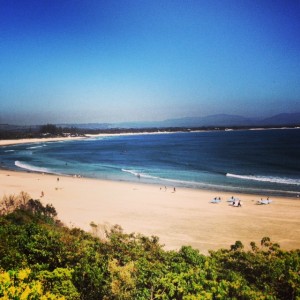When we post on a social media site such as Facebook , Instagram or Twitter, we have to think twice about what we post. When we post something on the internet it creates a digital footprint. In other words anything we post can be accessed by anyone regardless of how private we may believe our accounts are. This concept relates directly to the specular economy. The way we present ourselves online is the way in which we would like others to view us online. According to Marshal (2010, p.498) the specular economy is “a two way mirror projection on to the screen, and the circulation of and interaction with those images and texts into the wider world.”
As an ordinary citizen, our social network is fairly small. It would generally comprise of our friends and families, and would be in the hundreds. However, imagine if you were a celebrity. Your social network would comprise of people you don’t even know so you could have millions of follower or ‘friends’.
Everything that celebrities decide to post online can be view and monitored by anyone and everyday who wishes to do so.
News forms of media such as Facebook and Instagram allow celebrities to create an online public persona. In other worsts they can create an image of themselves online however they wish for people to view them. These accounts also allow their fans to go beyond writing a simple ‘fan letter’. They can now attempt to create an online relationship through their social media interaction with their favourite celebrities.

